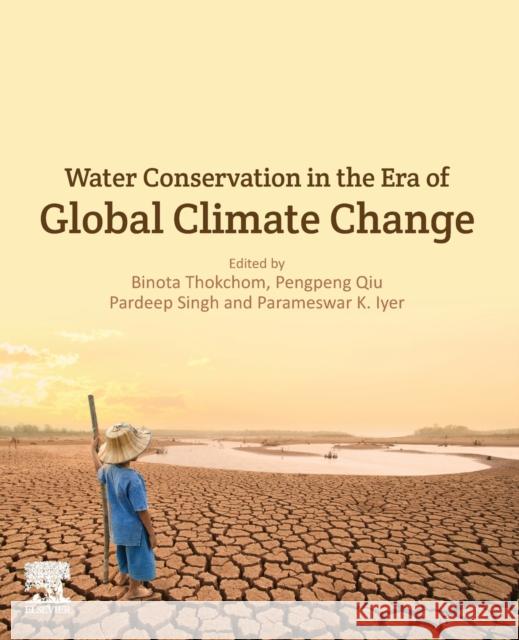Water Conservation in the Era of Global Climate Change » książka
topmenu
Water Conservation in the Era of Global Climate Change
ISBN-13: 9780128202005 / Angielski / Miękka / 2021 / 472 str.
Kategorie:
Kategorie BISAC:
Wydawca:
Elsevier
Język:
Angielski
ISBN-13:
9780128202005
Rok wydania:
2021
Ilość stron:
472
Waga:
4.46 kg
Wymiary:
23.5 x 19.05 x 2.41
Oprawa:
Miękka
Wolumenów:
01
Dodatkowe informacje:
Bibliografia
Wydanie ilustrowane
Wydanie ilustrowane











